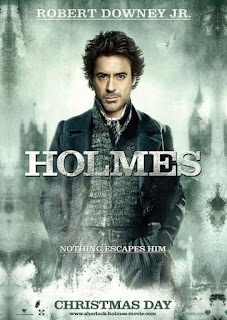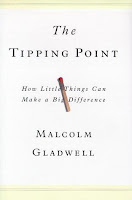
Quentin Tarantino is the kind of filmmaker that reveals the hidden complexities of cinema to the viewer. Technicalities such as pacing, use of color and screen composition, normally only meaningful to specialists and not visible for the untrained eye of the average moviegoer, have become Tarantino’s trademark. He shows the audience how movies can have style, and besides all that, gives us again a heck of an entertaining story.
Clearly, Tarantino enjoys to play with his audience. He is in complete control of the tension of every shot. Scenes are often drawn out by means of dialogue, while Tarantino lets the tensions between the actors rise and fall, rise and fall again, and then in a single moment everything comes to a climax in an unexpected way (and often involves a lot of bullets). It is the technique of suspense-master Alfred Hitchcock, but where Hitchcock’s thrillers were purely focused on terror, Tarantino gives it all a twist of dark humor. Prime examples are the opening scène with the sadistic officer Landa and the scène in the basement with the drinking games.
Inglourious Basterds is much more besides. It is a jumping board for unknown, promising actors. It is a darkly comic rewrite of history with a daring and original plot. It is delightfully over the top without being cartoony, and it is an ode to the war movies of old, most notably The Dirty Dozen. All in all, it is better than 90% of all that is out there and among Tarantino’s best work.
IMDB: Inglourious Basterds







